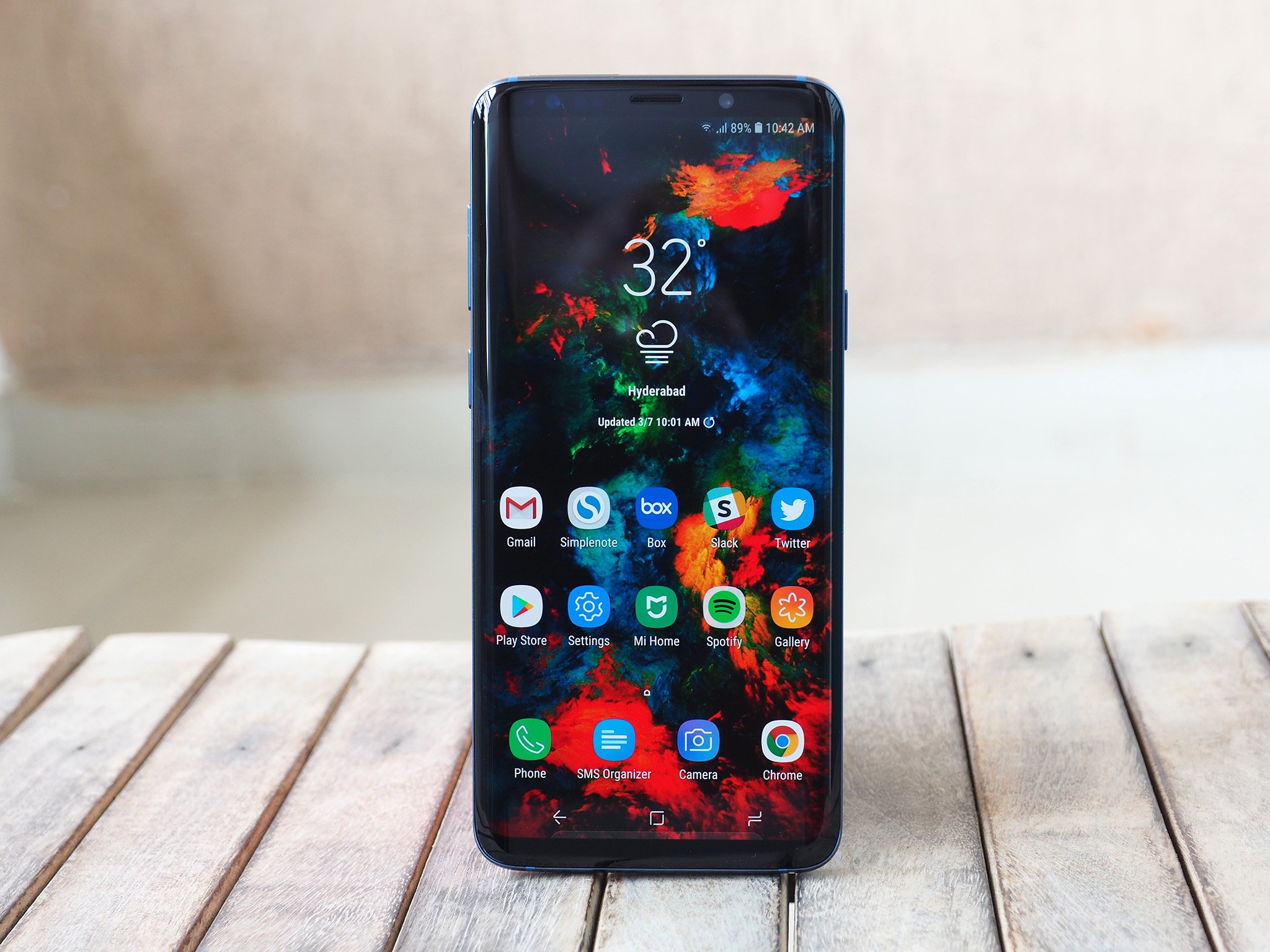Why constrain yourself to only one manufacturer or software experience anymore?
In 2011, I remember setting up my first Android phone, the HTC Inspire, after trading my iPhone 4 away on Craigslist. I loved my iPhone at the time, but I'd spent so many hours watching videos and reading reviews on various Android devices that I just had to have one, and the Inspire looked like the perfect option.
I signed into my Google account, set up Facebook and Twitter, and got started with HTC Sense — complete with that giant clock widget everyone was infatuated with back then. Save for a few hardware downsides (battery life wasn't great, and the door to swap batteries was next-to-impossible to open), I was in love. Who could've imagined an enormous 4.3" display could actually fit in a hand or pocket? And the download speeds were so much faster than the iPhone!
HTC is still making gorgeous phones, but they don't stand out like they used to.
A lot of people seemed to agree with my sentiments, given the massive popularity of the more powerful Sprint variant, the HTC Evo 4G. With a kickstand, Sprint's WiMAX technology, and a front-facing camera (something my Inspire lacked), the Evo was one of the best-selling Android phones at the time, and it looked like HTC was on course to rule the smartphone world.
Fast-forward seven years and, well, that's not the case. Despite once moving mountains of units, HTC now struggles to make even its top-end phones stand out against the likes of Samsung and Apple, and it's hard to imagine the company ever returning to its former glory. People just aren't buying HTC phones anymore — and admittedly, I haven't either since the One M9.
I've been on just about every side of every camp; I traded my Inspire for a Motorola Atrix, traded back shortly after, swapped out again for a Galaxy S2, then on to a Galaxy Note, Galaxy Nexus, and so on — I've been changing phones since long before I was ever paid to. After trying almost every OEM's software interface, I stuck with stock Android for a while; I carried the Nexus 4, Moto X, Nexus 6, etc. Beyond just hardware and OEMs, I had developed a brand loyalty for Google's software.
But how much is that loyalty even worth anymore? Once I started flashing custom ROMs, I didn't really need to buy a Nexus or other Google-branded device anymore. I could put the stock Android software I loved on the hardware I wanted — no matter who made it. Likewise, there's no longer a need to store your personal information with a particular brand; my carrier can try all it wants to get me to use its services to store my contacts, but storing them on a neutral site like Google ensures I'll be able to move that information over to any device on any network.
When every phone is good at the same things, why stick with just one brand?
Personal convictions can be easily swayed pretty easily by simply experiencing the other side. During my time as a phone sales rep, I spoke with countless customers who swore up and down that they'd never even consider using a particular brand again — yet sure enough, once you show them some of the newer models and get their hands on one, 9 times out of 10 they'd at the very least be more willing to talk about it.
OEMs are starting to run out of ways to keep you around. These days, almost every phone does exactly the same things as the next one, with few unique features setting it apart. Some brands have gotten creative, like Motorola with its Moto Mods, but that's just more money to spend on an already expensive phone — admittedly, it keeps you fairly locked into the ecosystem once you've bought a few Mods, but it's hard to entice someone in the first place with additional expenses. Apple does a great job at retaining users by keeping iMessage exclusive to its products, but I've been seeing an increasing number of tweets lately from iPhone owners saying they'd otherwise jump ship.
A lot of it comes down to hardware preferences. If you like glass phones with curved sides, you should buy Samsung for the foreseeable future. If you prefer the cold touch of aluminum, these days your choices are pretty limited but there are still some great options from companies like OnePlus and Honor. Of course, there are still software quirks between brands, but with so many third-party launchers and apps these days, it's easy to make just about any phone look and feel like your dream phone.
I've been pretty happy with using whatever phone I have on hand. I've recently gone back to using an iPhone after nearly a decade on Android, and I'll be moving into a Galaxy S9 soon. I still have preferences and biases, as does everyone, but paying little mind to brand loyalty opens up my options when shopping for a new phone, and makes switching from one experience to another quick and easy.
Do you stay loyal to any particular brand, or are you more or less brand agnostic? Let us know in the comments below!



0 Response to "You Can See More: Does phone brand loyalty still matter?"
Post a Comment